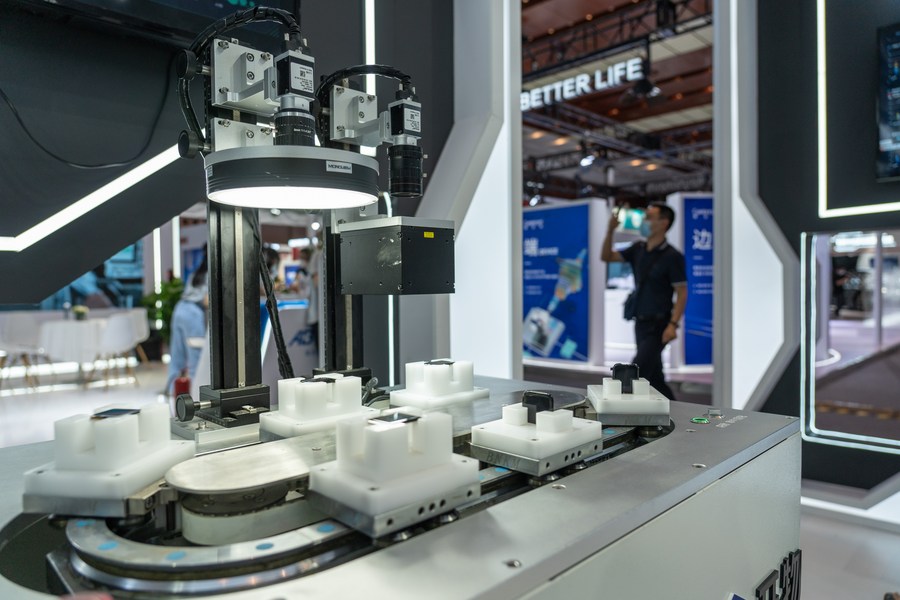-
Wang Huiyao: Leveraging China’s green transition for global climate mitigation
Leveraging China's green transition for global climate mitigation: perspectives, opportunities and challenges
May 07 , 2025 -
Zhou Xiaoming: Where is the Trade War Heading?
A trade deal between China and the United States is nowhere in sight. The mountain of issues could take a long time and enormous effort to resolve. It’s certainly not going to happen in three or four weeks, as Trump has suggested. More likely, it will be months, if not years.
May 06 , 2025 -
Wang Huiyao on “Liberation Day” tariffs
CCG President talks to Associated Press on how will the latest additional 34% tax affect China-U.S. trade and relations.
April 05 , 2025 -
Wang Caixiao: Reflection from the Boao Forum for Asia on global uncertainties
Multilateralism resonated strongly throughout the forum. Amid rising geopolitical uncertainty, participants widely agreed that no nation can address global challenges alone; a cooperative, UN-centered approach is essential.
April 01 , 2025 -
Wang Huiyao: In a broken world, China-Japan-Korea cooperation is Asia’s backbone
By blending economic might, technological prowess and cultural bonds, cooperation can be elevated into a transformative, inspiring force.
April 01 , 2025 -
Zhou Xiaoming: A Warning on China’s Most Favored Nation Status
A great many negative consequences would follow a successful effort by the United States to pull the MFN rug out from under the world’s second-largest economy. If this key pillar of global trade is taken away, the collapse of the WTO itself could follow.
March 31 , 2025 -
Wang Huiyao: The outlook for multilateralism under the shadow of protectionism
Despite mounting external pressure, China has responded with a measured and strategic approach by prioritizing market openness and diversification of trade partnerships. China has demonstrated resilience amid a turbulent global trade environment through tax cuts and by granting tariff exemptions to over 40 of the world's least developed countries (LDCs).
March 27 , 2025
Phone
010-65611038 010-65611039
Fax
010-65611040
Address
12th Floor, West Wing, Hanwei Plaza, #7
Guanghua Road Chaoyang District, Beijing, China
Post Code
100004



